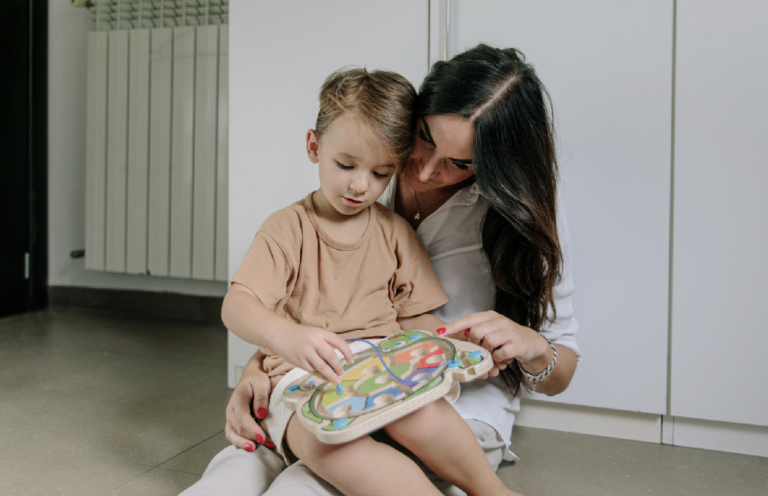The concept of “parent” is not as straightforward as it might seem. The Family Law Act (FLA) does not offer a comprehensive definition of who qualifies as a parent. Instead, the court relies on the contemporary understanding of what a “parent” is and the relevant circumstances at hand when determining who is considered a parent.
Biological Parentage Assumptions
In biological parentage, the FLA provides assumptions as to who the father is when the identity of a child’s biological father is in doubt. These assumptions include:
- The mother and the man were married or lived together for more than 44 weeks.
- The man is listed as the father on the child’s birth certificate.
- The man has acknowledged his parentage through another legal instrument.
However, you do not have to be a parent to make an application for parenting orders in Australia.
Section 65 of the FLA permits, parents, grandparents, or anyone else concerned with the care, welfare and development of the child to apply for a parenting order.
The Complexity of Artificial Conception
The situation becomes more complicated when dealing with children conceived through artificial means.
Section 60H of the FLA addresses parentage in cases of artificial conception. According to this section, the birth mother and her spouse or de facto partner are considered the parents of the child. Importantly, the donor of the reproductive material (sperm or egg) is not recognised as a parent.
Case Studies
There are two key cases that highlight the complexities of determining parentage under the FLA when children are artificially conceived.
Aldridge & Keaton [2009]:
In this case, a child was born via artificial conception to a woman in a same-sex relationship. After the relationship ended, the ex-partner sought a declaration of parentage (i.e. to be recognised as the legal parent of the child) as well as orders seeking she spend time with the child.
The court held that the ex-partner was not considered a legal parent, as the parties were not in a de facto relationship at the time of conception. Despite this, the court still made Orders in favour of the ex-partner spending time with the child, acknowledging her interest in the child’s care, welfare and development.
Here the court looks to recognise various family structures – Even if a person isn’t biologically related, or legally recognised a parent, their significant role in the child’s care and development may justify maintaining a relationship.
Masson v Parson (2019):
Mr. Masson donated sperm to Ms. Parsons with the understanding that he would be a parent to the resulting child.
Despite being heavily involved in the child’s life and listed on the birth certificate, a dispute arose when Ms. Parsons and her de facto partner planned to move to New Zealand. Mr. Masson sought to prevent the relocation and be recognised as the child’s legal parent. The High Court ruled that while Mr. Masson did not qualify as a parent under section 60H of the FLA, he was still recognised as a parent under the ordinary meaning of the word.
Although the High Court did not deem all donors as parents, this decision recognises that a ‘donor’ can be considered a parent providing they fulfill their duties and responsibilities to the child in this role.
Conclusion
The Family Law Act’s approach to parentage reflects the evolving nature of family structures in Australia. While the Act provides some guidance, particularly in cases of biological parentage, it leaves much open to interpretation by the courts, especially in cases involving artificial conception. The family court looks to encompass a broader range of people classified as parents, as our society’s modern understanding of a parent and family exceeds biology.



